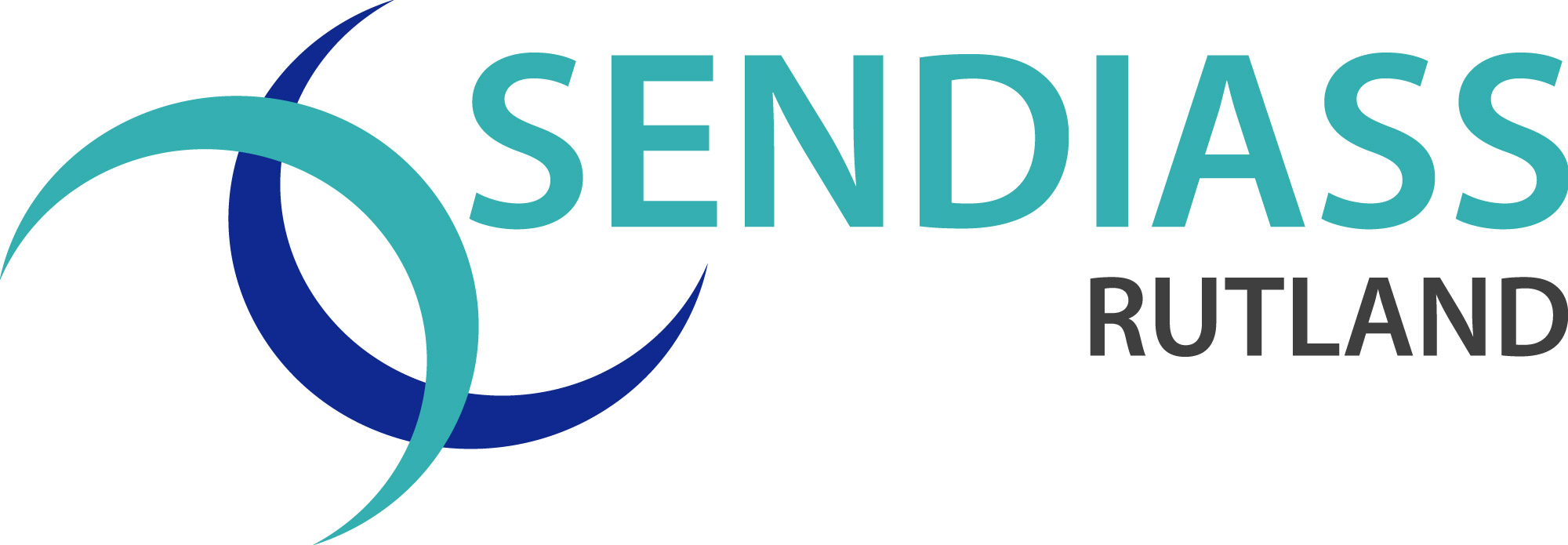A joint ministerial letter to children and young people with SEND regarding the full return to educational settings in September 2020
Children & Families Minister Vicky Ford and Care Minister Helen Whately have written an open letter to children and young people with SEND, their parents, families and others who support them.
The letter explains the actions that need to be taken to ensure, where possible, all pupils return to their educational settings from September, and responds to some of the concerns and questions that have been raised.
Department for Education and Department of Health & Social Care Joint Ministerial LetterDownload
Key messages include:
The importance for those with special educational needs and disabilities to return to educational settings safely in September so that they can receive face-to-face education and supportReassures that the risk of contracting the virus in educational settings is low and outlines protective measures in place to reduce the risk even further, including the NHS Test and Trace systemMinisters expect a small number of absences from children and young people who remain under the specialist care of a health professional however, the...
